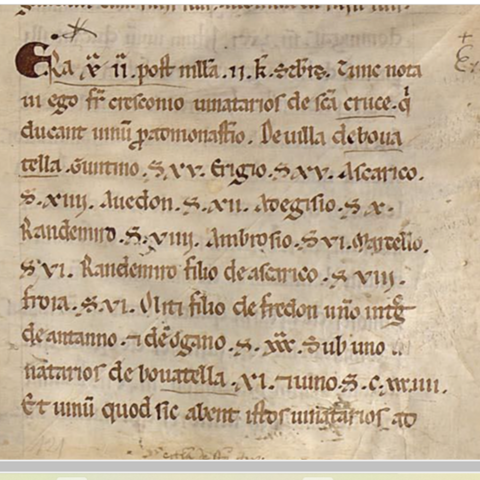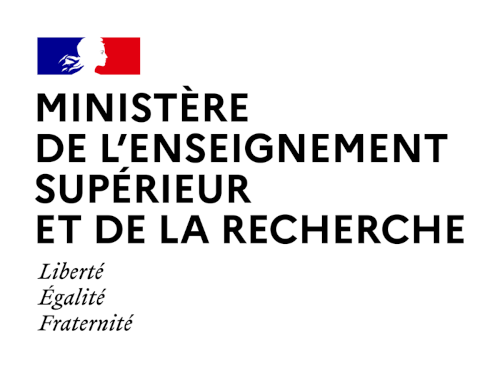Ponente:
-
Robert Portass
Fellow MIAS - François Chevalier
Casa de Velázquez
Sala Pierre Paris
Horario: 11:30-13:30
Idioma: Inglés
El seminario también será accesible online.
Gracias por rellenar el formulario para obtener el link de acceso.
Resumen:
In most pre-modern societies, political and economic power were inextricably bound up with the ownership of land. This premise has been widely accepted by historians of medieval Europe, most accepting that the interests of the lordly class and the peasantry were structurally opposed. This seminar paper looks to test this premise by thinking about the mechanics of estate management in early medieval Spain. Working outwards from a single, highly unusual and very complex inventory, I will try to reveal something of the workings of a large estate around the year 1000, to show that we must turn our attention to the inner dynamics of non-elite groups, consider the embeddedness of writing in non-elite contexts, and revisit the enduring legacy of Roman estate management practices, if we are to understand rural society in something approaching its full complexity.
Fig.: Tumbo de Celanova: Madrid, Archivo Histórico Nacional, Códices, L. 986, fol. 86r.














